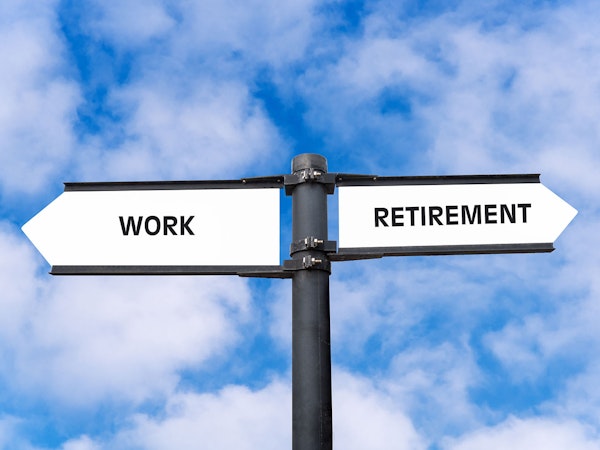Protecting the normal minimum pension age
The normal minimum pension age (NMPA) will increase from 55 to 57 on 6 April 2028, although a protected pension age regime will be introduced. This will allow those who meet the rules to take benefits based on their existing normal minimum pension age.

Protected pension age
Protection will apply to members of registered pension schemes who before 4 November 2021 had the right to take their pension entitlement earlier than 57.
- There will be no need to apply to HMRC for protected pension age.
- The regime will apply to all types of UK-registered pension scheme.
- A person with protected pension age will be able to take benefits in stages without losing protection.
- Moving jobs, a change of pension scheme, making a transfer to a new scheme or taking benefits could all have an impact on the NMPA that will apply.
The age was previously increased from 50 to 55 in 2010, and anyone who has protected pension age from that transition will see no change when the threshold increases to 57.
No protected pension age
The impact of the higher NMPA will depend on when a person was born:
| Born before 7 April 1971 | Will be 57 by 6 April 2028, so not affected by the change. |
| Born between 7 April 1971 and 5 April 1973 | Will be 55 by 5 April 2028, so not affected if pension benefits fully taken then. However, if a person still has benefits to take at 6 April 2028, they will have to wait until 57 before the remaining benefits can be taken. |
| Born on or after 6 April 1973 | Will not be 55 by 5 April 2028, so will have an NMPA of 57. |
The new protected pension age regime is wide-ranging and complex, providing both opportunities and risks. Professional advice is therefore essential.
HMRC’s policy paper on increasing normal minimum pension age can be found here.


